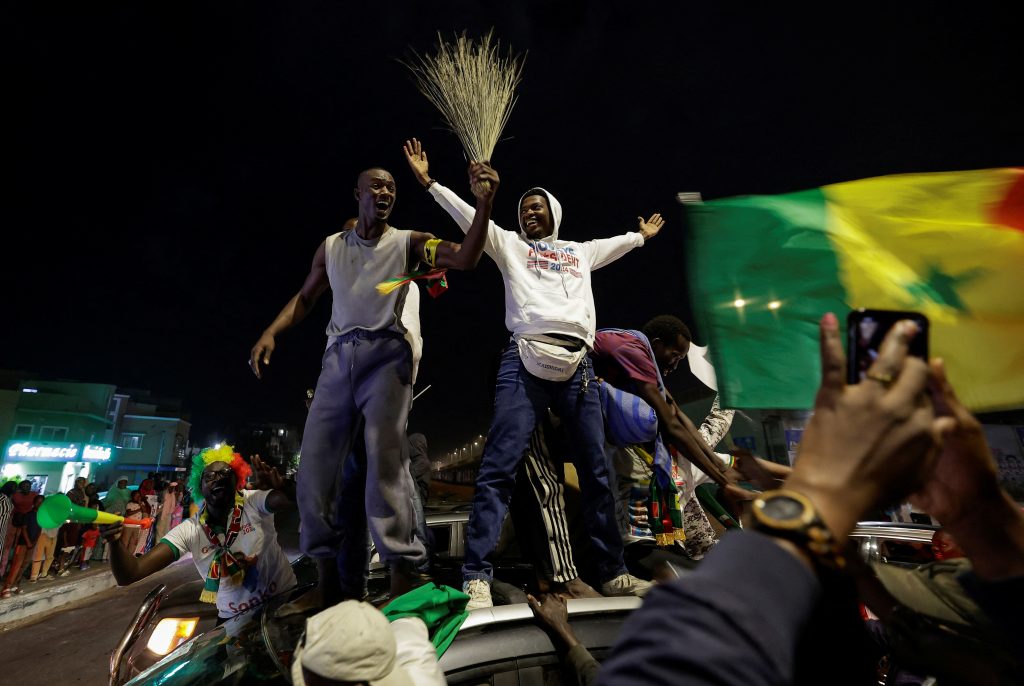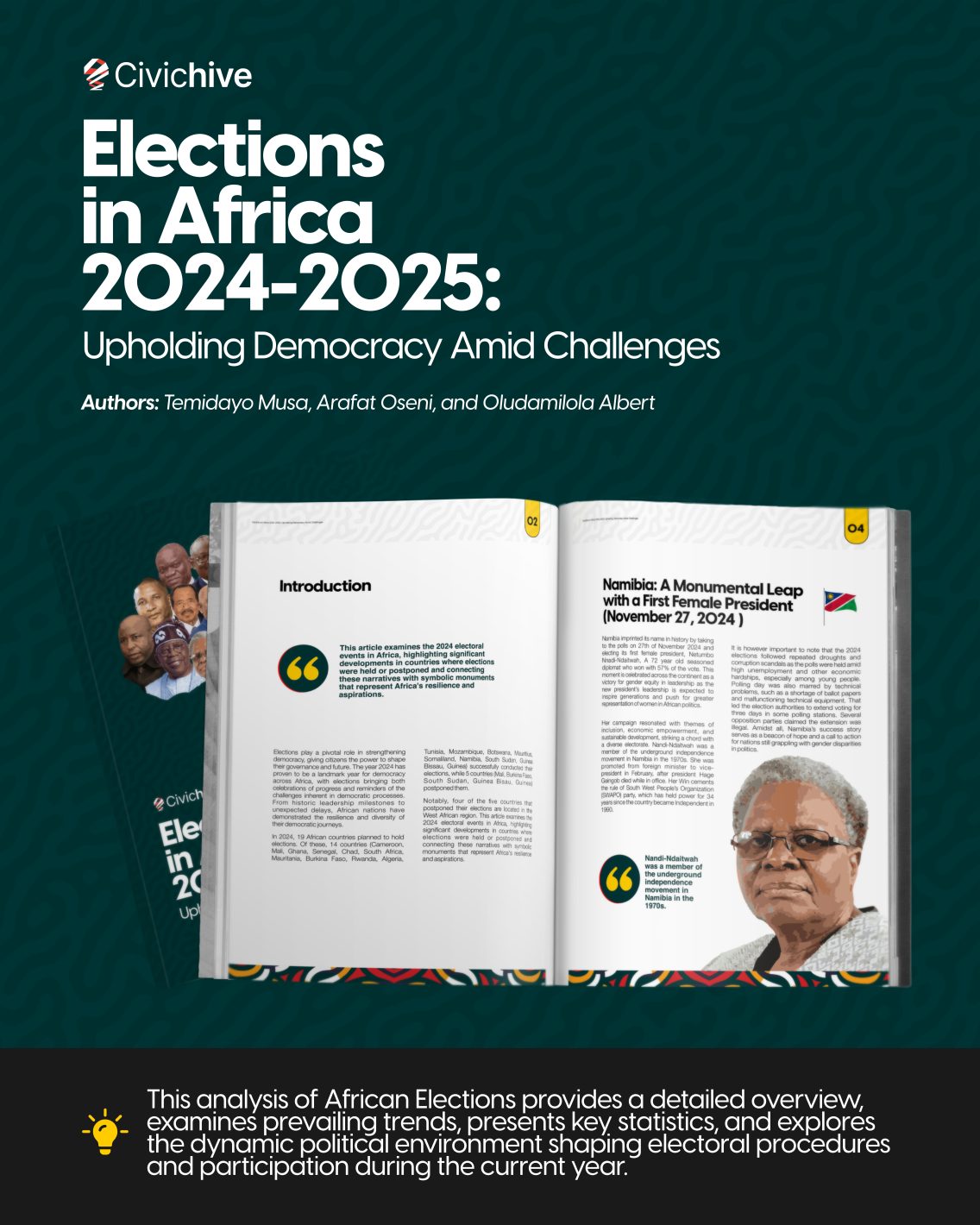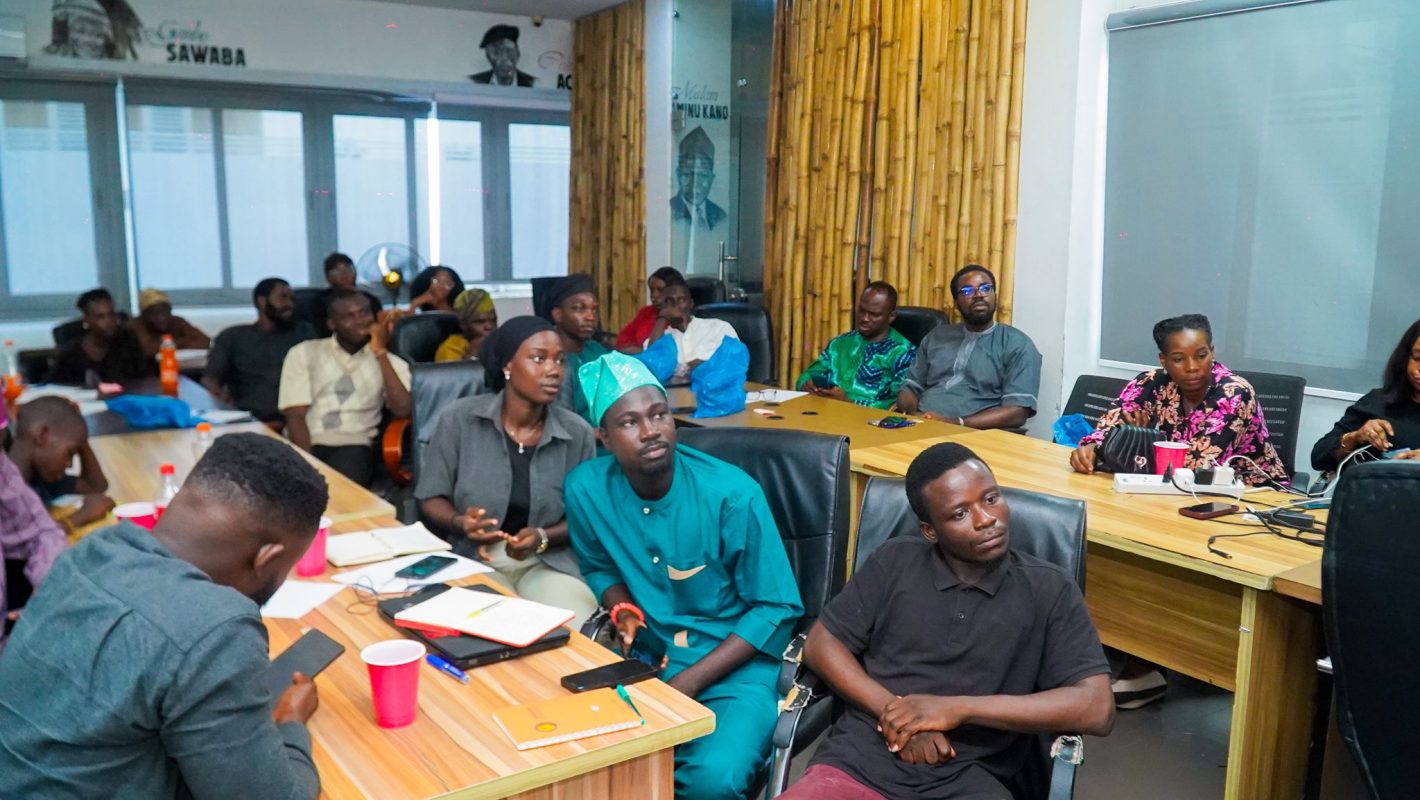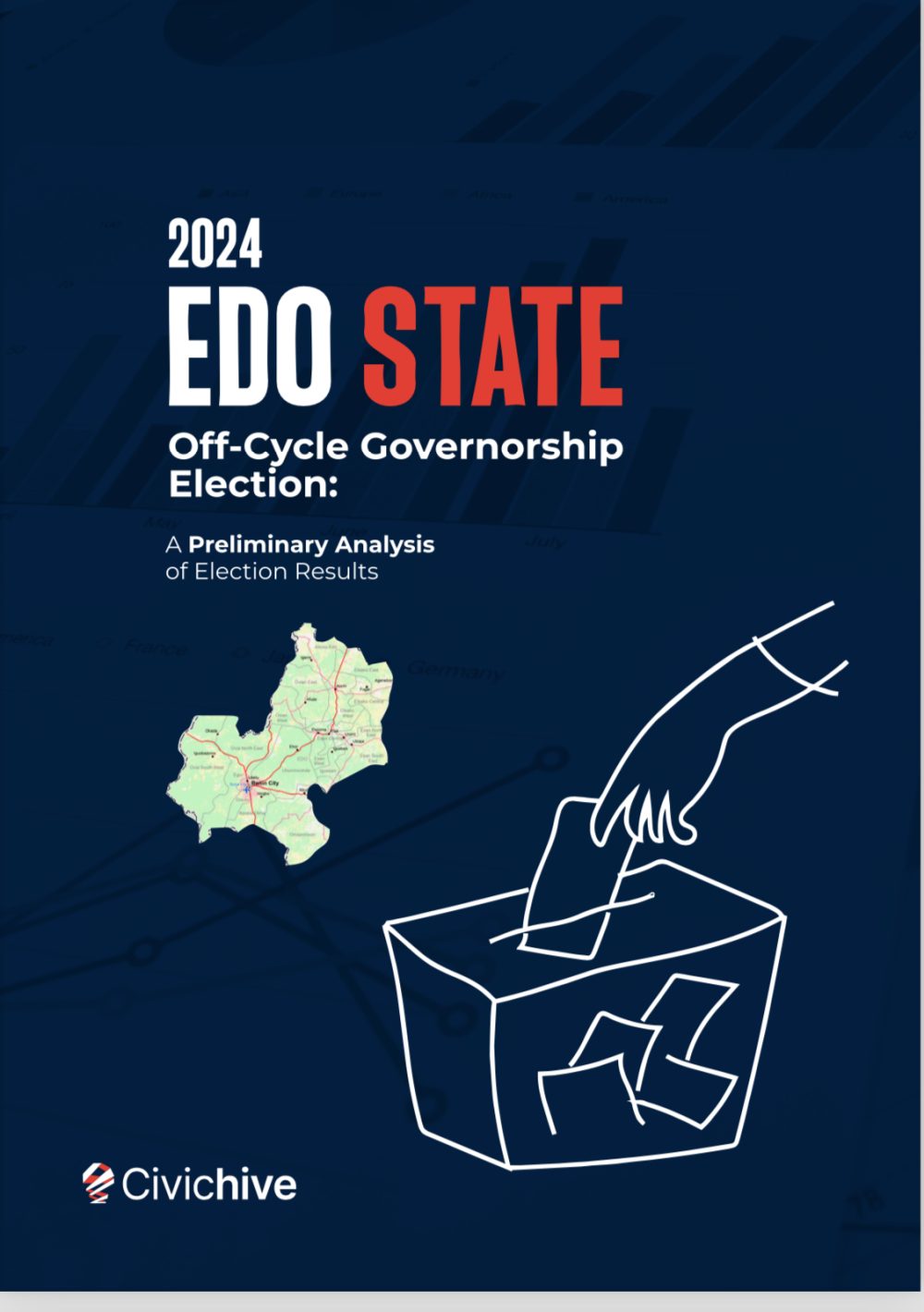Senegal, located in West Africa, is home to african arts, rich traditions, historic landmarks, and remarkable natural landscapes. Home to seven UNESCO World Heritage Sites and six national parks. It is a country full of one-of-a-kind experiences. The current president of Senegal is President Makky Sall who has been in office for twelve years. The President-elect in the just concluded 2024 Presidential election is Bassirou Diomaye Faye (A 44 years old tax officer and the youngest democratically elected president in Africa).
Senegal Electoral System
In 2012, Senegal’s Parliament became unicameral, following the elimination of the Senate, for the second time. This was due to the severe flooding that affected the country that year and a vast majority of people expressing their rejection of the need for a second chamber. The current parliament thus consists of the National Assembly, with 150 members elected by universal suffrage for a five-year term. For the first time in the history of this institution, an absolute parity between men and women was instituted during the July 1, 2012 legislative elections.
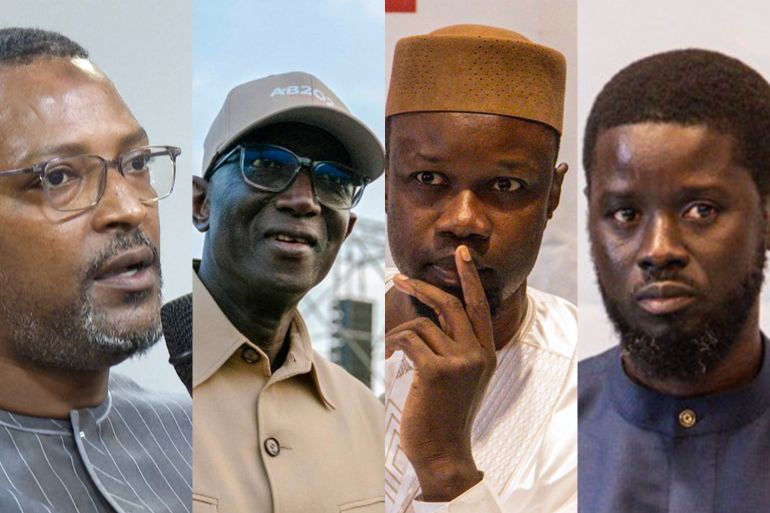
Also, Candidates for legislative elections must be at least 25 years old. For the voting system, a national quota is determined by dividing the number of valid ballots cast by the number of seats to be filled. Based on the total number of valid ballots cast, candidates are elected from the relevant lists in proportion to the number of quotas filled.
Senegal’s presidential elections are organized through a majority system, with run off. The president is elected by universal direct suffrage. The term of office is for seven years, renewable once (the term was reduced to five years in 2001 and changed again to seven years in October 2008). The current Head of State, Macky Sall, has repeatedly reiterated his electoral promise to reduce the term to five years and enforce it immediately, although he was himself elected for a seven year term in 2012. In accordance with the country’s constitutional reform of 2021 and since a referendum took place on 20th March 2016, the president is elected for a 5-year term, with a limit of two consecutive terms.
What are the Issues?
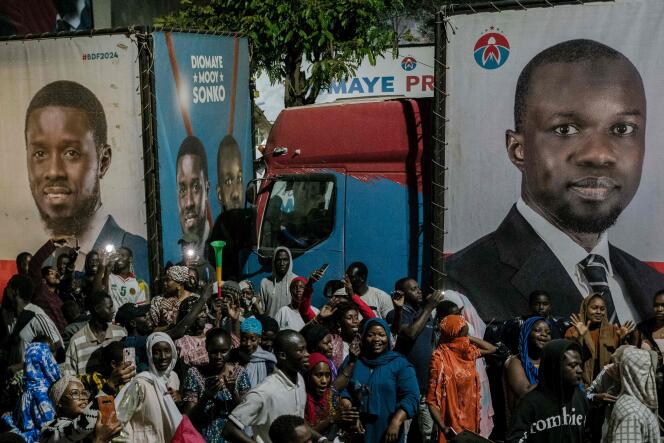
In the beginning of 2024, President Makky Sall announced that the presidential election set to hold in February will be delayed till the end of the year. This resulted in chaos in the country as opposition parties disclosed that he wanted to extend his power to a third term which is against the country’s constitution.
The announcement by Makky Sall results in chaotic protests and destruction of public properties. This however has dented Senegal’s reputation as a stable democracy in an often politically volatile region. The protest died down when the constitutional council overruled the postponement and led to the setting of March 24, 2024 as election day.
On poverty and unemployment, according to Spanish migration watchdog Walking Borders, every year, the number of those trying to leave Senegal on crumbling wooden boats surged last year and nearly 1,000 died in the first six months of 2023. This is a reflection of the high rate of unemployment amidst corruption, economic slowdown and increasing cost of living in the country.
On constitutional reforms, since the abolishment of the vice president position, the excessive concentration of power in the hands of the president has been an issue. Presidential Candidates have been campaigning on the need to re-establish more checks and balances in the system to avoid an institutional crisis and promote independence of the judiciary and other organs of government. “One of the main subjects is about how to reform the institutions, and how to move beyond an exacerbated presidentialism. The power is too concentrated in the hands of the president and this can cause institutional crises,” Alioune Tine, a political analyst.
On currency reforms, there has been a rising call to get rid of the CFA that was inherited during the colonial era and stop the use of CFA Franc XOF (West African CFA Franc) as their official currency.
Bassirou Diomaye Faye: From Prison to Presidency
A total of 19 candidates contested in the 2024 presidential election. This is quite different because only 5 people contested for the position in 2019, 14 candidates in 2012, 15 in 2007 and 8 in the 2000 and 1993. Bassirou Diomaye Faye, the 44 year old senior tax officer stepped in to replace the opposition ( PASTEF party) leader Ousmane Sonko, who was barred from running in the elections due to defamation charges. Hence, Mr Faye made his first public appearance as a presidential contender on March 15, 2024, after he was released from jail a few days before the election. This attracted hundreds of supporters, and immediately set the tone for the coming election.
Born in 1980 in Ndiaganiao, Senegal, Faye completed his bachelor’s degree in 2000, and went on to earn a master’s degree in law and passed competitive exams to enroll at the National School of Administration (ENA) and the magistracy in 2004. After graduation, he chose a career as a tax inspector in the Tax and Estates department. In February 2021, following Sonko’s arrest, Faye became the general secretary of PASTEF. He played a pivotal role in uniting the opposition for the 2022 elections under the ‘Liberate the People’ alliance, which won 56 seats.
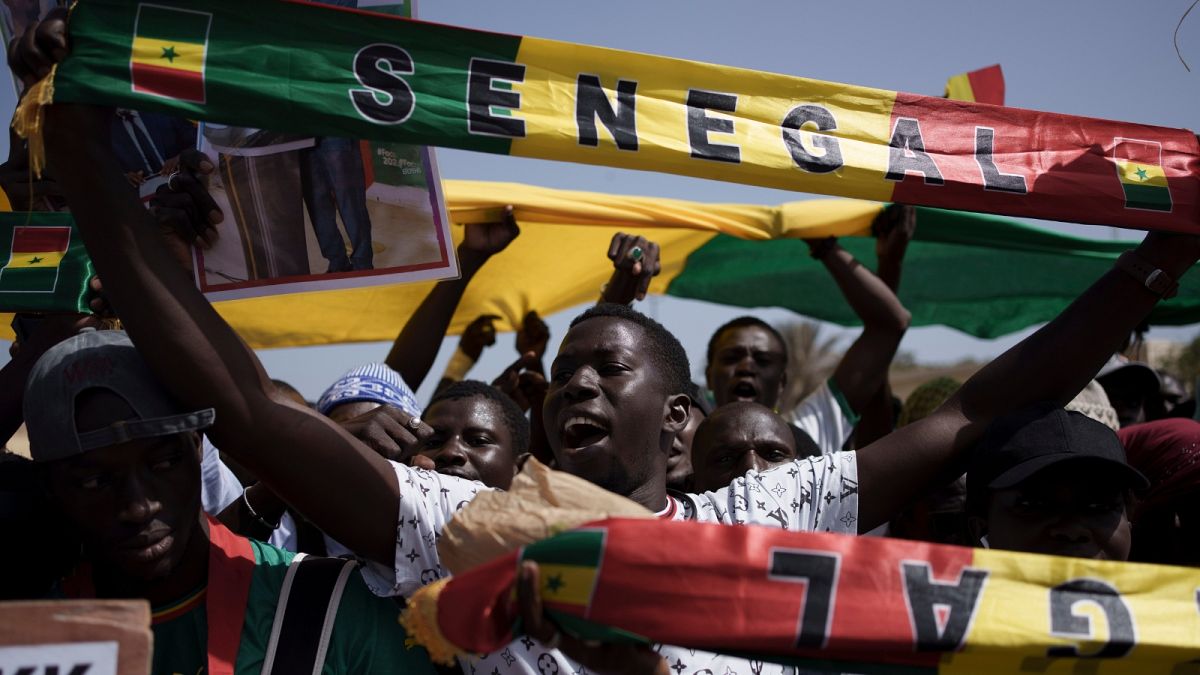 After uncertainty over Sonko’s eligibility for the presidential election, PASTEF endorsed Faye as its candidate for the 2024 presidential election, despite the party being dissolved and his detainment. His candidacy was validated as he was never convicted. On January 20, 2024, the Senegalese Constitutional Council published the final list of candidates, excluding Sonko after several legal battles. Sonko then announced his support for Faye.
After uncertainty over Sonko’s eligibility for the presidential election, PASTEF endorsed Faye as its candidate for the 2024 presidential election, despite the party being dissolved and his detainment. His candidacy was validated as he was never convicted. On January 20, 2024, the Senegalese Constitutional Council published the final list of candidates, excluding Sonko after several legal battles. Sonko then announced his support for Faye.
Faye’s promises and manifestoes are hinged on the following;
- Restoration of Democracy and the fighting against “Hyper-presidentialism” which will limit the power of the president, reintroduce the post of vice president, introduce impeachment, and prohibit the accumulation of political mandates.
- Redistribution of Wealth by reclaiming sovereignty in the country and developing the primary sector to ensure food security and move towards self sufficiency in the state.
- Creation of a New Currency which will either be a “national currency pegged to a community currency or to a common currency” for the country’s monetary transactions.
- Renegotiate of Partnerships to rebalance international partnerships with France, Senegal’s main trading partner and renegotiate contracts with Oil and Gas companies. This he hopes would strengthen Senegal’s presence across Africa.
- Fighting corruption at all levels, ruling with transparency and creating platforms to be accountable to the people.
Conclusion
To conclude, there is no doubt that the people of Senegal have set the tone for the rest of the region and Africa as a whole by coming out in large numbers to vote for the person of their choice. Bassirou Diomaye Faye who was announced in February as the so-called “Plan B” candidate, replacing the charismatic opposition firebrand Ousmane Sonko is set to be declared the president elect of the country after leading other candidates in the poll. A 44 year old man senior tax officer, who had never been a minister or held a high political position and recently been released from jail is ushering in a new order for the country by becoming the Youngest President in West Africa. The people have definitely spoken!
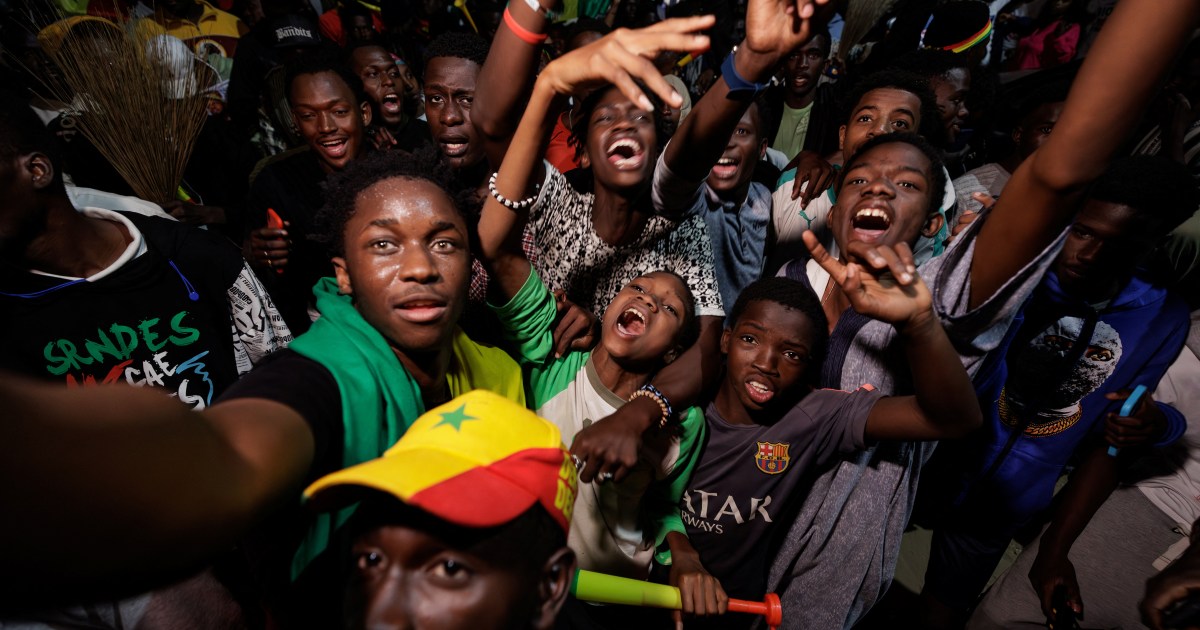
References
- https://tsep.africa.ufl.edu/the-electoral-system/senegal/
- Bassirou Diomaye Faye: what’s Senegal opposition contender about? | APAnews – African Press Agency
- Freed from jail, Senegal opposition presidential candidate draws hundreds to first event | Reuters
- http://www.trtafrika.com/africa/senegal-elections-2024-faye-and-his-change-mantra-17449142
- Ousmane Sonko and Bassirou Diomaye Faye: Senegal opposition leaders freed days before election
- https://discover-senegal.com/general-information/#:~:text=The%20official%20currency%20in,only%20available%20in%20West%20Africa
- https://www.bbc.com/pidgin/articles/c13dv5zkyk5o
